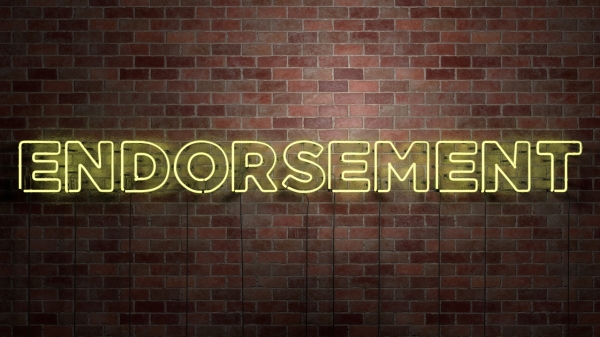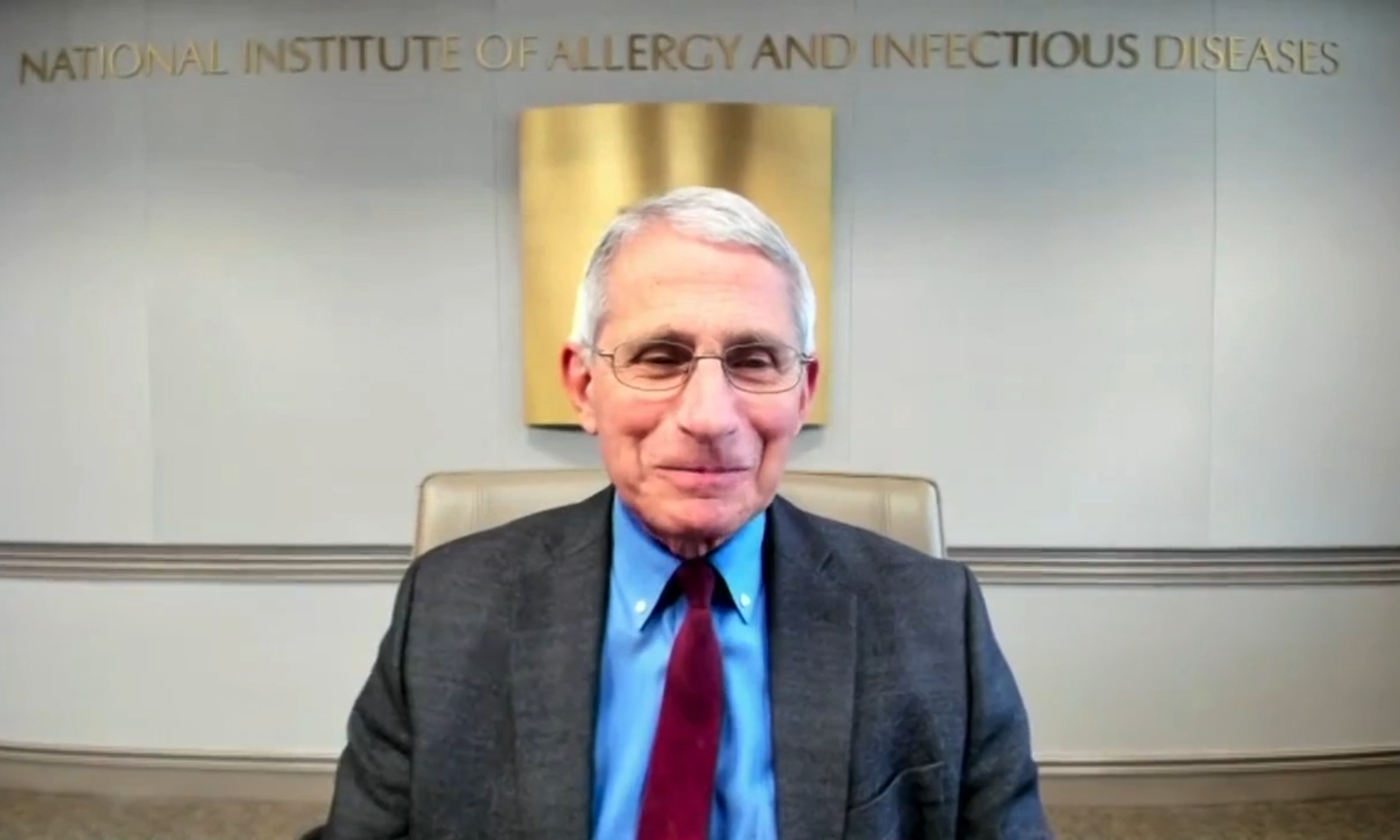Dr. Anthony Fauci, a member of President Donald Trump’s COVID-19 task force and the director of the National Institute of Allergies and Infectious Diseases, said Tuesday that he doesn’t see the U.S. mandating everyone to receive a COVID-19 vaccine.
“I don’t think you’ll ever see a mandating of vaccine particularly for the general public,” Fauci said in a live-streamed interview with Healthline.
While Fauci said he doesn’t believe vaccinations would be mandatory for the national public, he does think that employers, particularly in healthcare, may mandate vaccination to their employees. There is speculation that schools may require the vaccination — when and if it is available.
Fauci however said that he’d “be pretty surprised if you mandated it for any element of the general public.”
There are several vaccine candidates already in clinical trials, and Russia has already brought a vaccine to market claiming some level of protection against COVID-19. No vaccine has been approved yet by the Food and Drug Administration, but experts are already discussing how you would convince the American public to get vaccinated.
There has been a lot of vaccine fears in the public in recent years especially among parents with small children. Gallup recently did a poll and found that 67 percent of white people and 59 percent of minorities would get vaccinated if a COVID-19 vaccine were available. People who lived in rural areas were less likely than those who lived in urban areas, suburbs or towns to reply that they would be vaccinated for COVID.
Fauci was asked if there were plans being made to deal with people who refused the vaccination. Fauci said that they have a right to refuse.
“They have the right to refuse a vaccine,” Fauci said. “I don’t think you need a contingency plan. If someone refuses the vaccine in the general public, then there’s nothing you can do about that. You cannot force someone to take a vaccine.”
The U.S. Supreme Court has already ruled that the state can require citizens to be vaccinated in the 1905 decision Jacobsen v. the State of Massachusetts. In that case, the court ruled that the state could enforce its mandatory vaccination for smallpox. Jacobsen argued that the Constitution gave him a right to refuse vaccination and that the legislature had exceeded its authority when it passed the law that all adult citizens must receive the vaccine for smallpox.
That case is being used by authorities to justify mask requirements and other public health orders during the coronavirus pandemic. COVID-19 is now the No. 3 cause of death in the U.S., trailing only heart disease and cancer. At least 176,394 Americans have died thus far from COVID-19.





















































